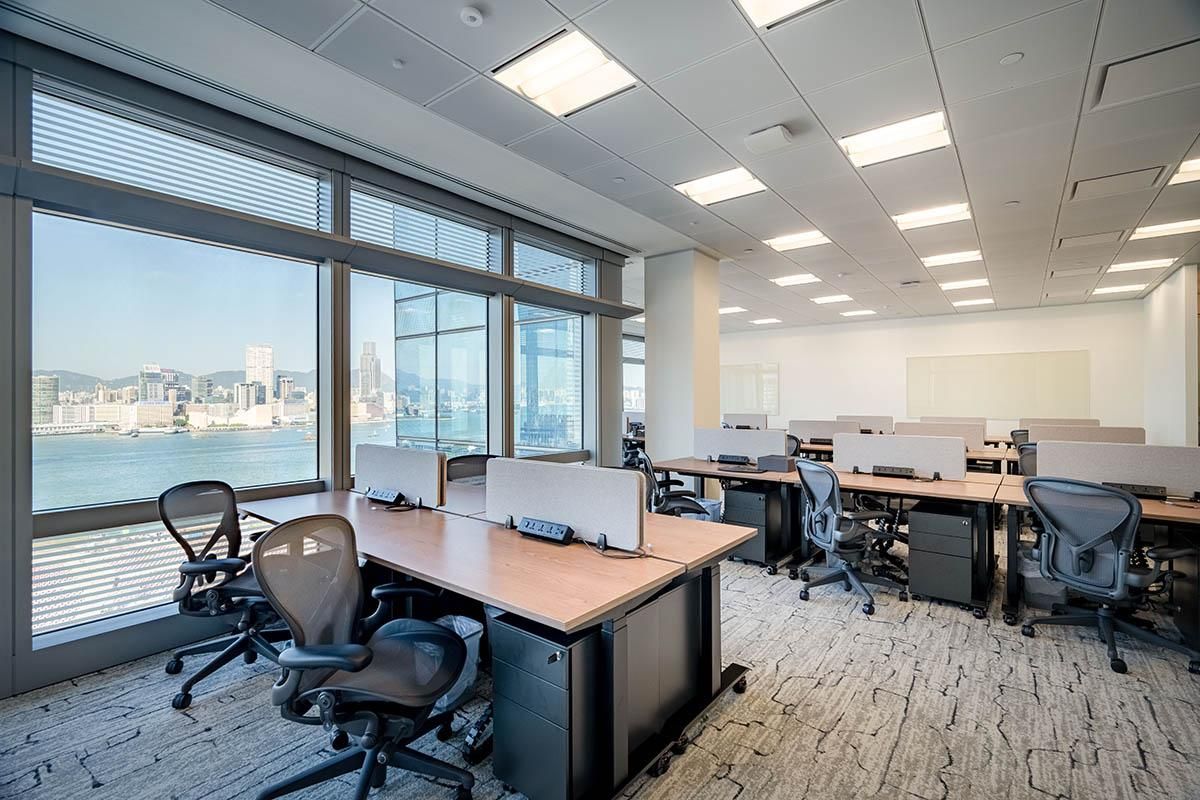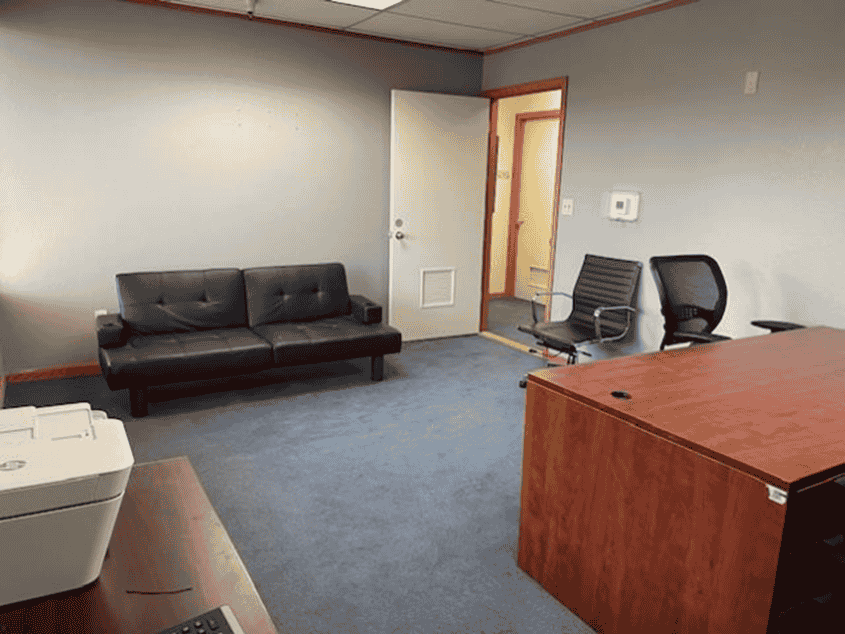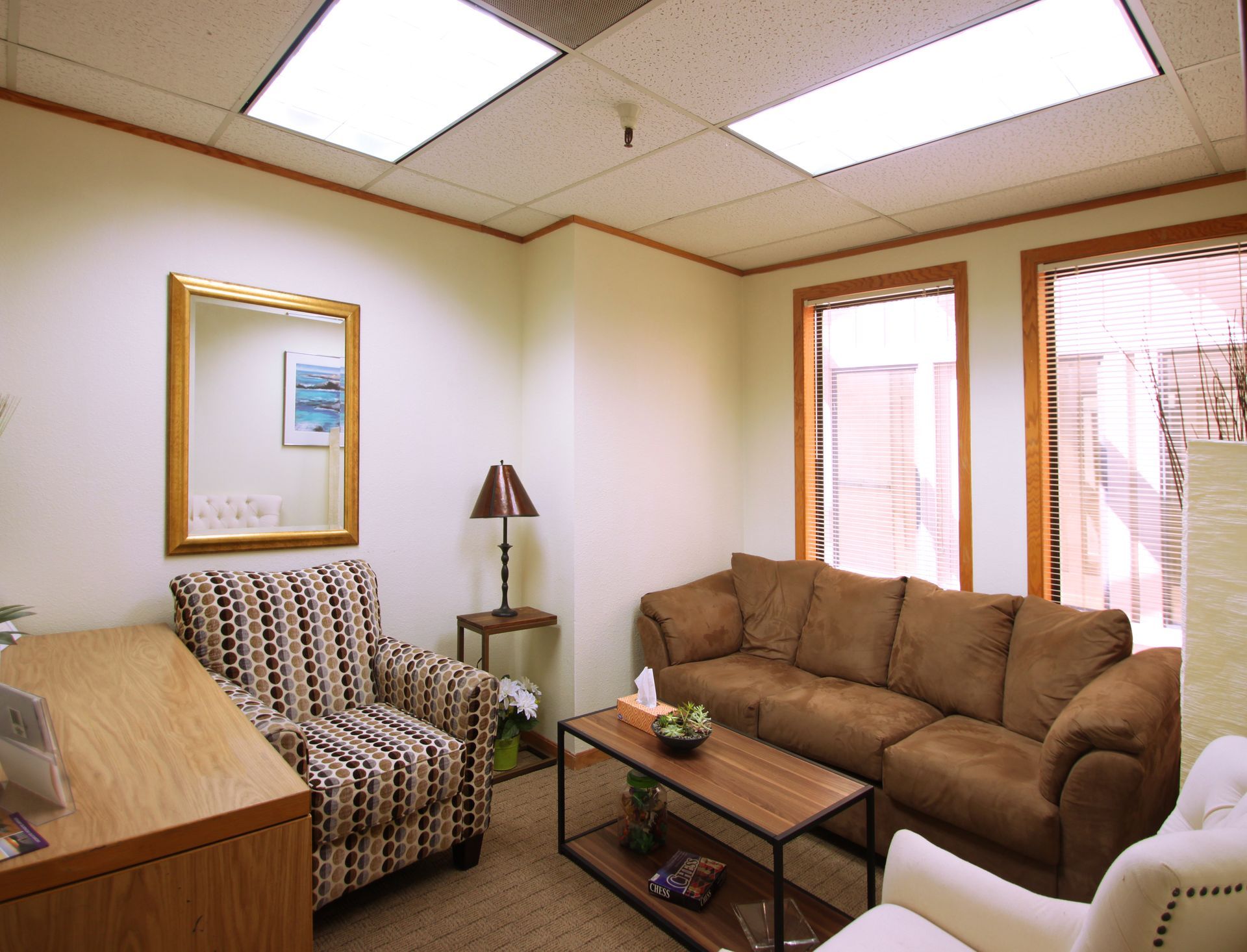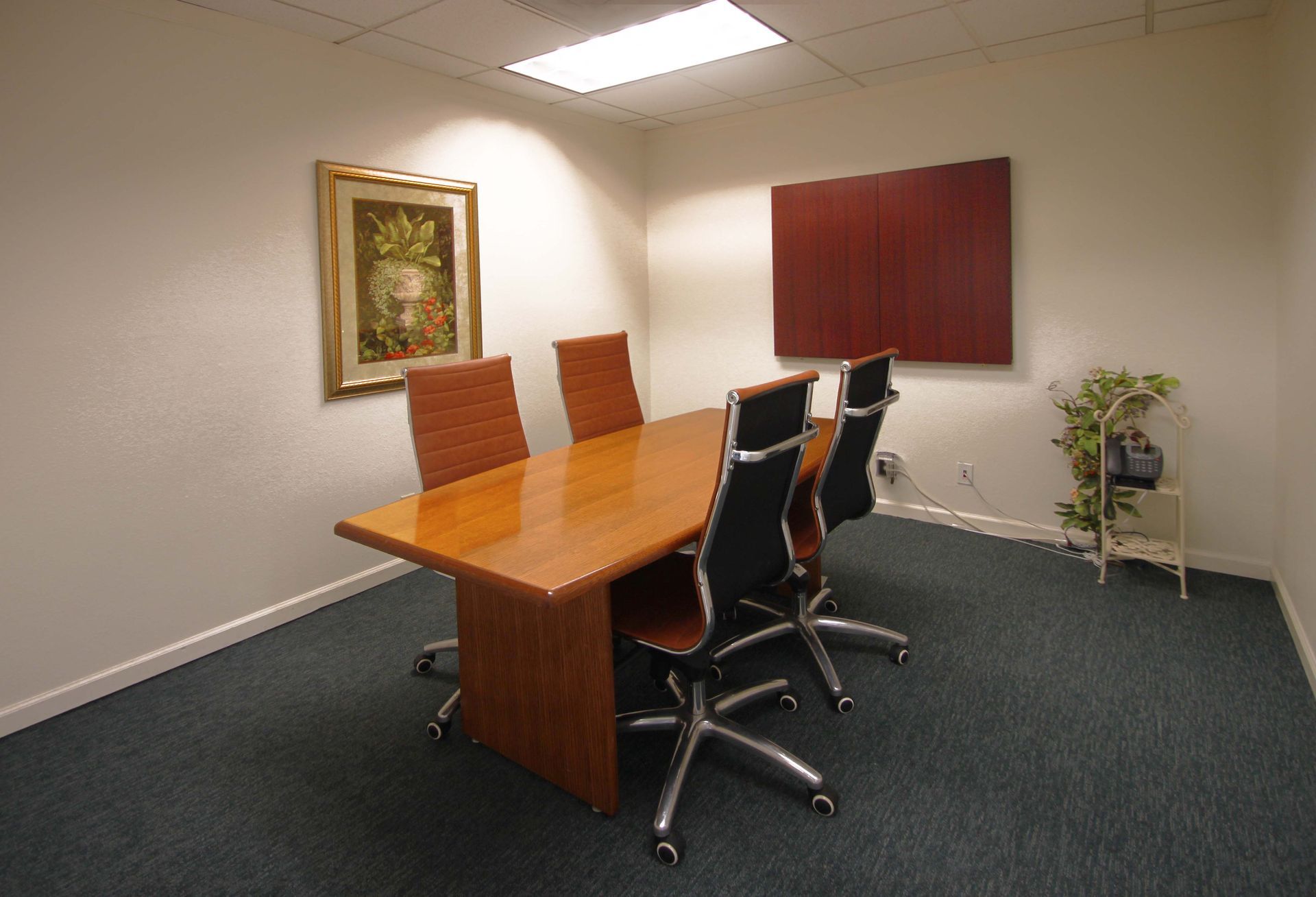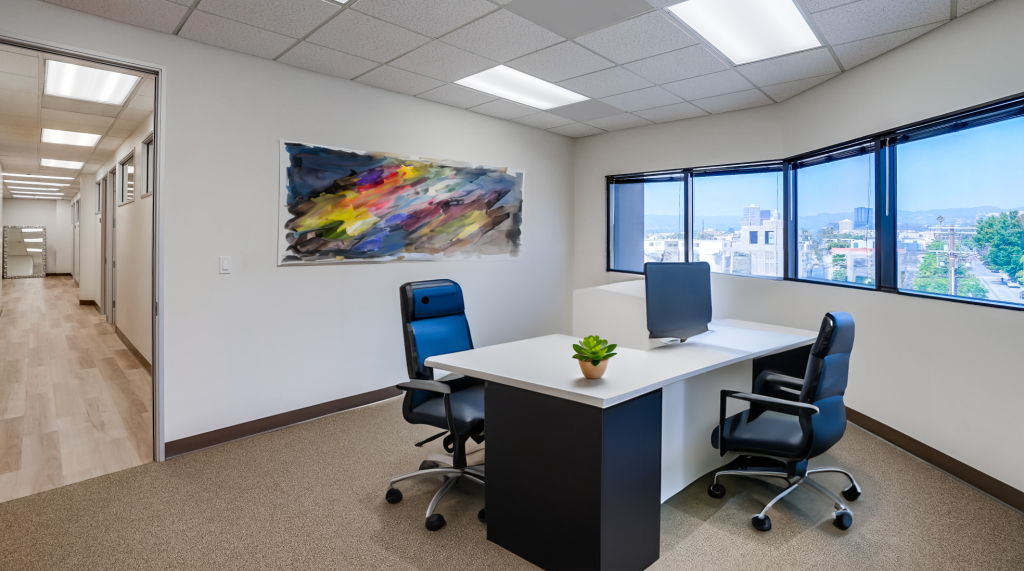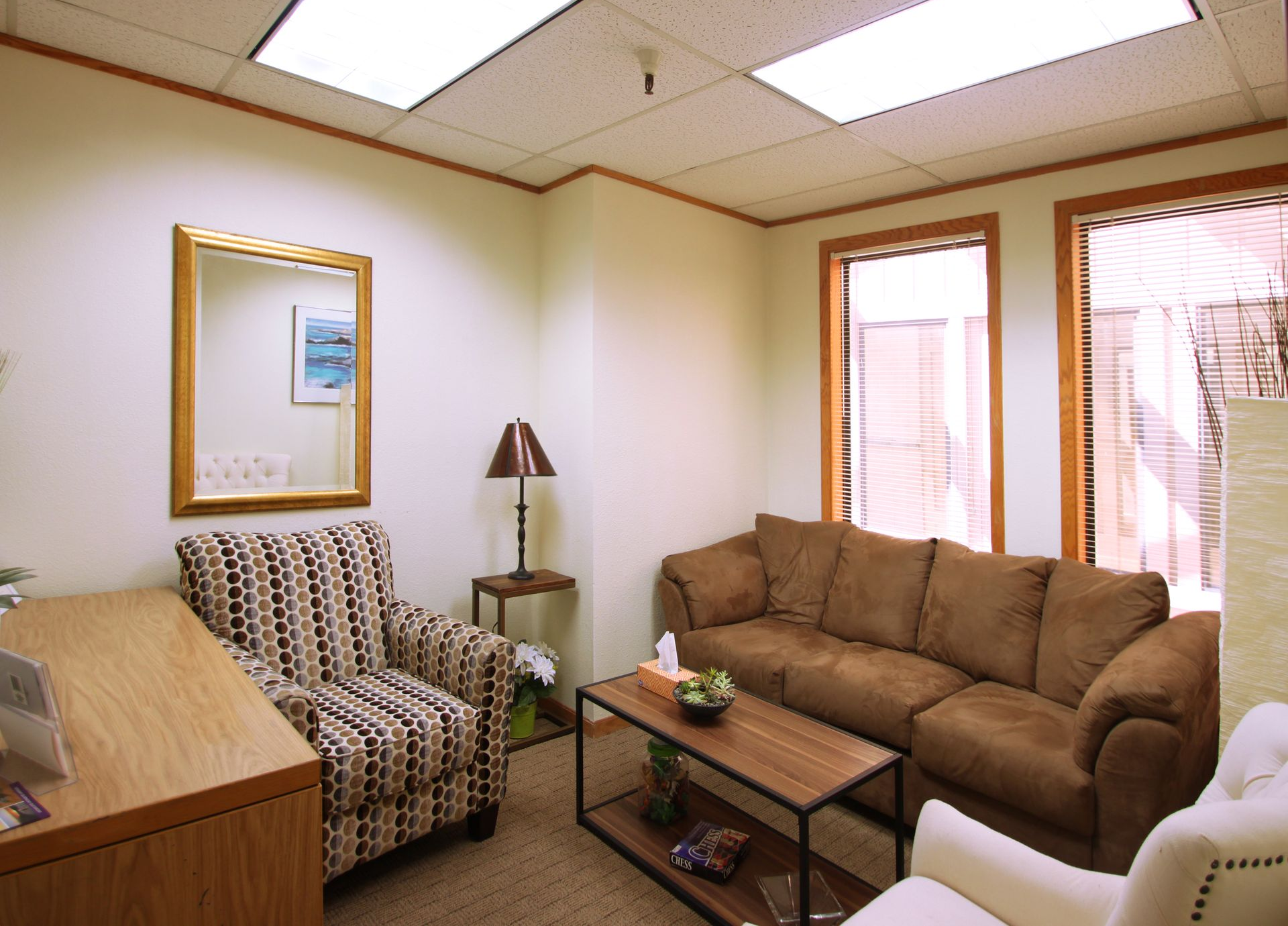New Paragraph
Small Office to Let : Guide to Finding Space for Your Business
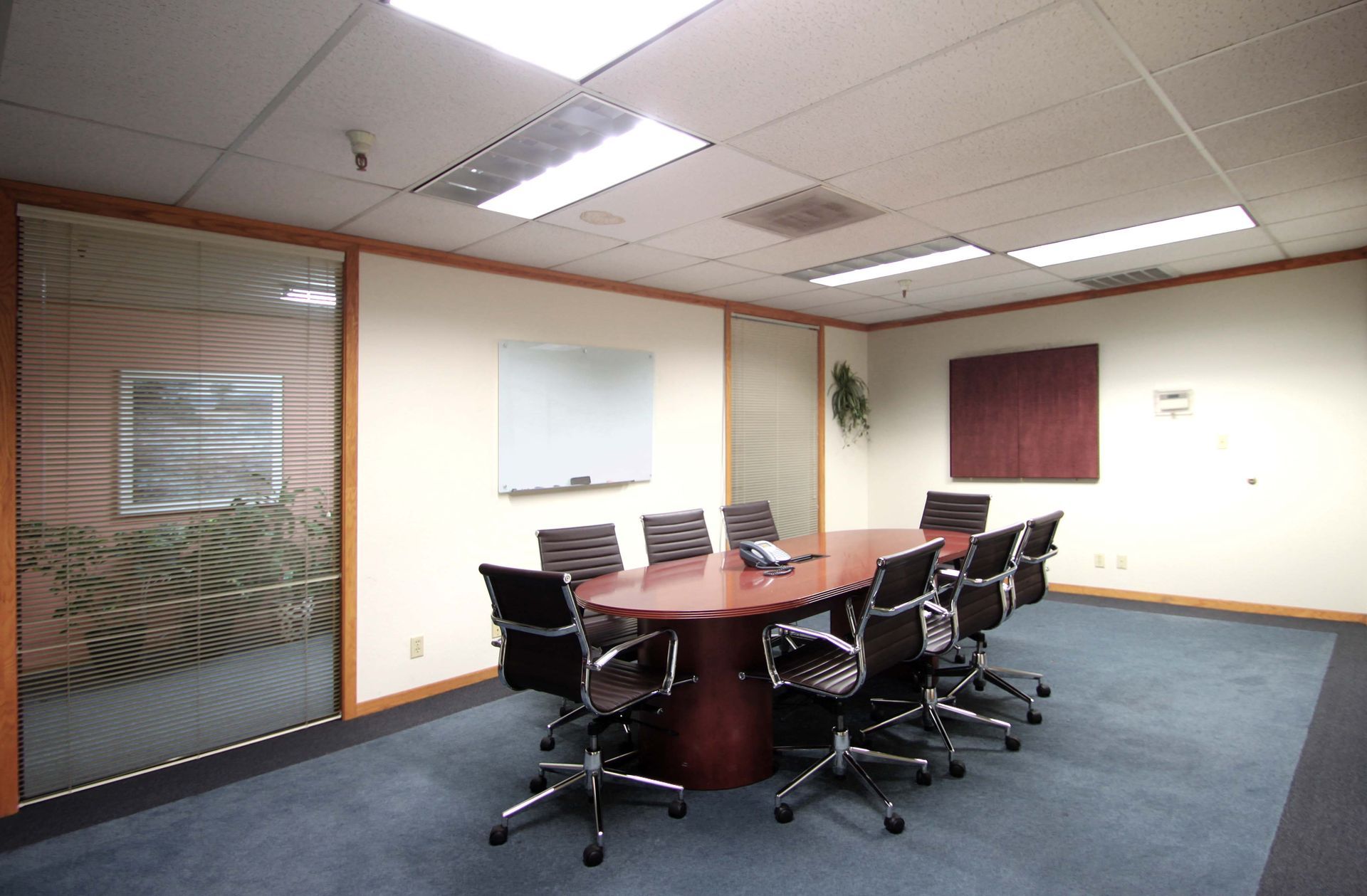
When starting a business or expanding an existing one, finding the right office space is crucial. Among the many options available, a small office to let can be the perfect solution for entrepreneurs and small businesses looking to establish themselves in the market. In this blog post, we will explore everything you need to know about renting a small office space, from the benefits to the essential factors to consider before signing a lease.
Why Choose a Small Office to Let?
Cost Efficiency
One of the primary reasons small businesses opt for a small office to let is the affordability factor. Leasing a small office typically comes with lower rent compared to larger spaces. This can significantly reduce overhead costs, allowing businesses to invest more in growth, marketing, and staffing. If you're starting or working with a limited budget, a small office can help you manage your expenses while still providing a professional environment for your operations.
Flexibility
Small offices offer greater flexibility in terms of lease agreements. Many office rental companies provide short-term leases, making it easier for businesses to adjust based on their evolving needs. If your business is in a growth phase, you can often upgrade to a larger space without being tied down to a long-term commitment. On the other hand, if your needs shrink, you can downsize quickly, saving on rent and other operational costs.
Ideal for Small Teams
If you're running a small team or working as an individual entrepreneur, a small office is often the best option. It creates a focused environment, ideal for productivity. Working in a smaller, more private space can foster collaboration and help maintain clear communication among team members. Additionally, it prevents distractions often found in larger office spaces or coworking environments.
Professional Image
It demonstrates to clients, partners, and potential investors that you are serious about your business and committed to providing quality services. A well-maintained small office can increase trust and credibility, which are essential for attracting new customers.
Factors to Consider When Renting a Small Office
When looking for a small office to let, several key factors should be considered. These include the location, amenities, accessibility, and the overall terms of the lease.
1. Location Matters
The location of your office plays a significant role in the success of your business. A prime location will make it easier for clients to find you, increase brand visibility, and enhance employee satisfaction. When choosing a location, consider the following:
- Proximity to Clients and Partners: Ideally, you want your office to be located near your target audience. For example, if you're running a retail business, being close to shopping districts could benefit you.
- Accessibility: Ensure your office is easily accessible by public transport or has parking facilities for employees and clients. If you expect frequent client visits, the office should be in a convenient location.
- Neighbourhood: Research the neighbourhood to see if it aligns with the type of business you operate. Some areas might be better suited for tech startups, while others may cater to more creative industries or retail companies.
2. Office Size and Layout
While you're looking for a small office to let, it's essential to assess how much space you'll actually need. Determine how many employees or contractors will be working in the office. Ensure that the office layout provides a comfortable working environment and sufficient office space for essential furniture, equipment, and storage.
Small offices are usually available in various layouts, such as open-plan spaces or rooms with partitions. Depending on your business type, you might want more open space for collaboration or a more private environment for focused work.
3. Lease Terms and Flexibility
- Duration of the Lease: Typically, office leases are 12 months or more, but with a small office, some landlords may offer shorter-term leases. This flexibility can be ideal if your business is in its early stages and you're uncertain about future growth.
- Renewal Options: Check if there are renewal options and whether rent increases are capped during the lease term.
- Break Clauses: A break clause allows you to terminate the lease early, which can be helpful if your business needs change unexpectedly.
4. Amenities and Services
Small office spaces may come with varying amenities, so it's essential to choose a space that offers the services and features you need for your business operations. Common amenities include:
- High-Speed Internet: For any modern business, fast and reliable internet is essential. Check if the office offers high-speed internet as part of the package.
- Meeting Rooms: Some small office spaces come with shared meeting rooms that you can reserve when needed. This can be particularly beneficial for businesses that need to conduct regular client meetings.
- Kitchenette and Break Areas: A small kitchen or break area can improve employee morale and create a comfortable environment for breaks.
- Security: Ensure that the building has appropriate security measures in place, such as security cameras, access control, and possibly a security guard.
5. Maintenance and Support
Another important consideration is maintenance and support. Will the landlord or property management take care of the office maintenance? You'll want to ensure that any necessary repairs (plumbing, HVAC, electricity) are handled swiftly to minimize disruption to your work.
Check if the lease includes services like cleaning and maintenance of communal areas. These can make a big difference in maintaining a professional atmosphere in your office.
6. Price and Budget
Your budget will be one of the most important deciding factors when choosing a small office to let. While you want a well-located, well-equipped space, it's also essential to stay within your budget to avoid financial strain.
Remember that, in addition to the rent, you may have other costs such as utilities, internet, insurance, and office supplies. Make sure to budget for all these expenses when evaluating the total cost of leasing a small office.
How to Find the Best Small Office to Let
1. Search Online
There are numerous online platforms and property listing websites where you can search for small offices available for rent. Some websites specialize in commercial real estate and allow you to filter your search by location, size, and price range.
2. Contact Local Realtors
If you prefer personalized assistance, contacting a local commercial real estate agent can be helpful. Realtors often have insider knowledge of available properties and can help negotiate lease terms that are favourable to your business.
3. Consider Shared Office Spaces
If you're looking for even more flexibility, consider renting a desk in a shared office space. Many coworking spaces offer small private offices for rent, which can be ideal if you're starting and need flexibility. These spaces often come with additional benefits like networking opportunities, business services, and a collaborative environment.
4. Visit Multiple Locations
This will give you the chance to see the space firsthand and assess whether it meets your requirements. During your visit, pay attention to the office's condition, available amenities, and the overall vibe of the building.
Conclusion on Small Office to Let
A small office to let can be a fantastic option for businesses that need an affordable, professional environment without the high costs associated with larger office spaces. By carefully considering your needs, location, budget, and the lease terms, you can find the ideal office space to help your business thrive. Whether you're just starting or looking to upgrade your current office, take the time to explore your options and make an informed decision that will support your business growth in the long term.
Here are frequently asked questions (FAQs) for renting a small office space:
1. What is the minimum lease duration for a small office to let?
The minimum lease duration for a small office typically ranges from 6 to 12 months, depending on the property and landlord. Some landlords may offer flexible month-to-month leases for smaller spaces, while others prefer a longer commitment.
2. Is parking available for a small office space?
Many small office spaces offer parking for tenants and visitors, but availability can vary depending on the location. Make sure to inquire about parking spaces and any additional costs associated with parking.
3. What are the typical costs associated with renting a small office?
Besides rent, typical costs may include utilities, maintenance fees, internet, office supplies, insurance, and possible property management fees. Be sure to factor these expenses into your budget when considering a small office rental.
4. How do I know if a small office is suitable for my business needs?
To determine if a small office is suitable, assess the size, location, amenities, and lease terms. Consider your team size, business operations, and the type of work environment you need.
5. Can I upgrade to a larger office if my business grows?
Many landlords offer flexibility for tenants to upgrade to larger office spaces within the same building or complex as your business grows. Check for expansion options or inquire if the lease includes provisions for upgrading your office space.

